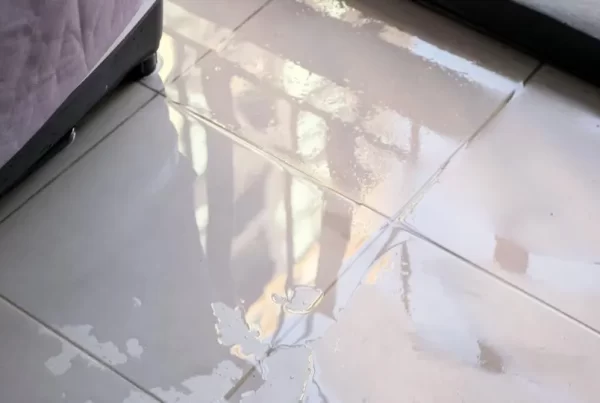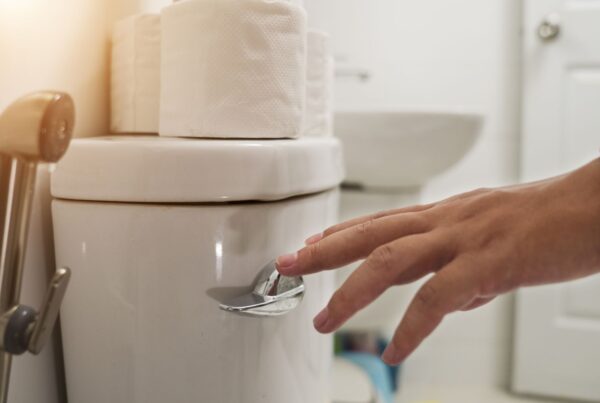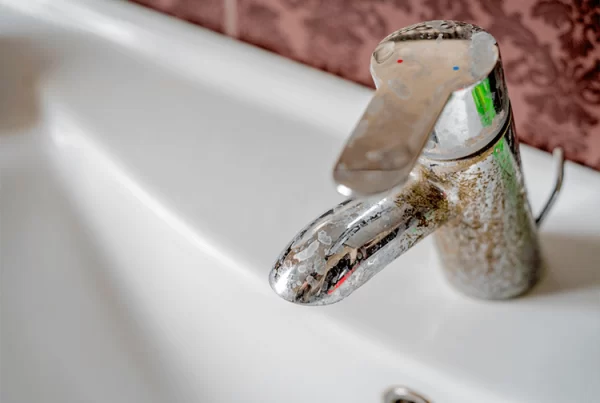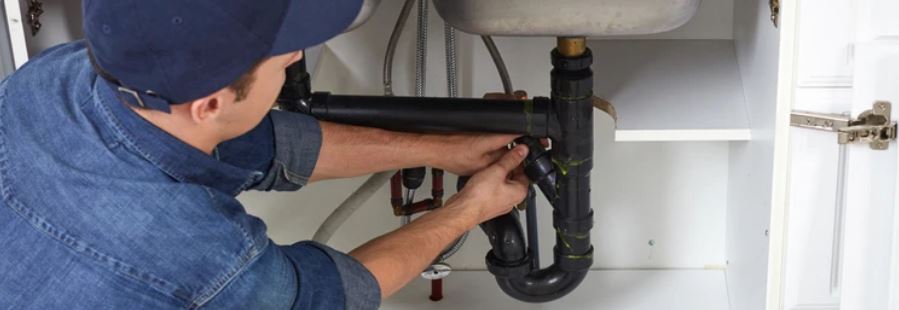
Water leaks can waste water, damage your home, and lead to mold and other growth. Since many pipes are hidden, it’s not always easy to spot a leak right away.
To help prevent leaks, it’s useful to know what commonly causes them. Here are eight potential causes of water leaks in your home:
Broken Seals
When appliances are installed, seals are used around water connections, like on your dishwasher door. Over time, these seals can break or wear out. If you see condensation or puddles around your appliances, the seals might be the problem.
Clogged Lines
Clogged drains are often just a nuisance, but they can sometimes cause pipes to overflow or burst. Blockages in things like air handler pans or gutters can lead to significant water damage. Keeping your gutters and HVAC system clean can help prevent serious clogs.
Corrosion
Old pipes can rust and corrode over time. Look out for discoloration or warping on your pipes. If you have an old plumbing system, it might be wise to replace old pipes with newer ones that are less likely to corrode.
Damaged Pipe Joints
Where pipes connect is often the weakest spot. Over time, these joints can deteriorate and start leaking. Since these joints are usually hidden, listen for strange noises like ticking or banging when you use hot water, and have a plumber check your system annually.
Excess Water Pressure
High water pressure can put extra stress on your pipes, potentially causing leaks. Most pipes and faucets can only handle a certain level of pressure. If you’re worried, have a professional check the pressure.
Intruding Tree Roots
Leaks can start outside your home too. Tree roots might invade water lines, causing leaks in your yard. Look for wet patches, sinkholes, or a sudden drop in water pressure, and have a plumber inspect for any root intrusion.
Loose Water Connectors
Hoses and pipes that connect to your appliances can sometimes become loose and leak. This is often due to movement, like the shaking of a washing machine during use. If you notice water around an appliance, check if any connectors are loose.
Rapid Temperature Changes
Extreme temperature changes can make pipes expand and contract, which might crack them, especially in freezing weather. Pay attention to your plumbing system’s performance and watch out for signs of temperature-related issues.
Need a Professional leak detector? —>
If you notice higher water bills, musty smells around drains, changes in water flow, or other signs of leaks, contact HELP Plumbing, Heating, Cooling, and Drains. We can find and fix leaks, including those hidden in walls or floors.
